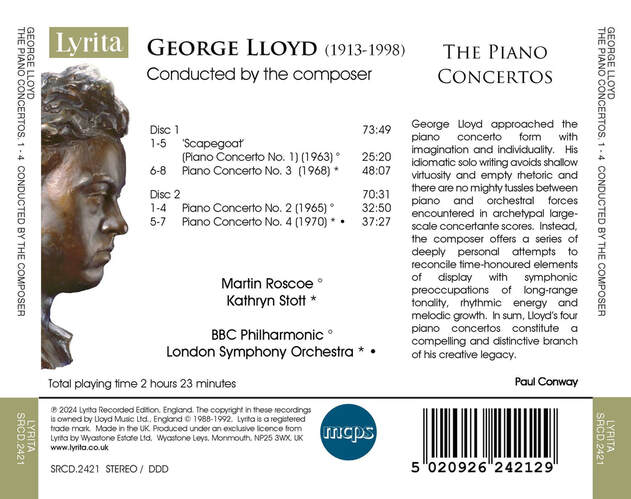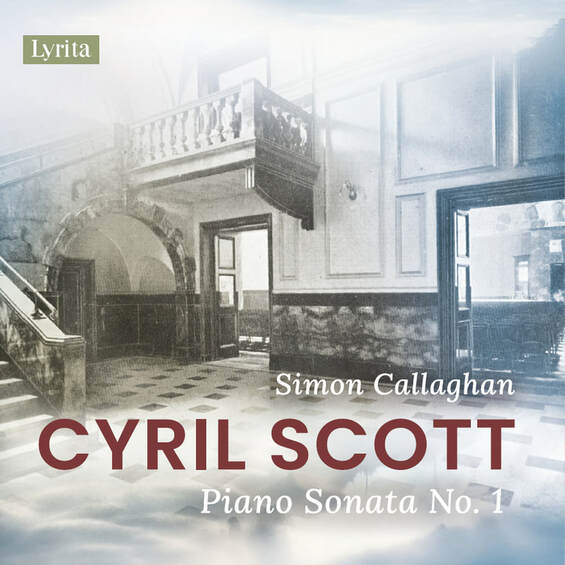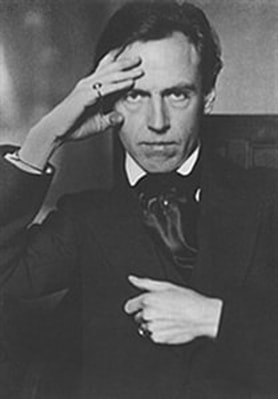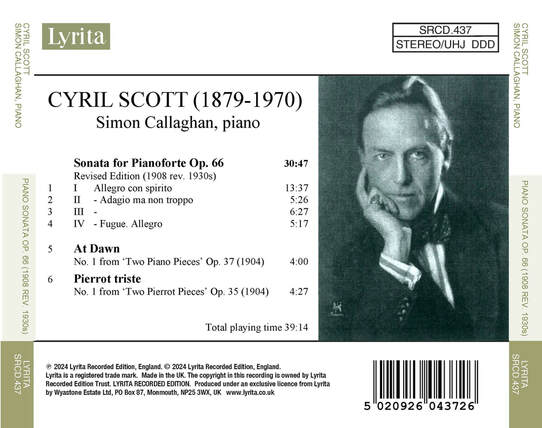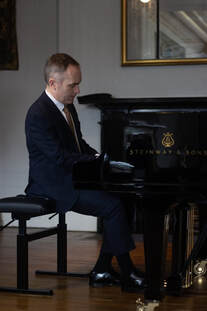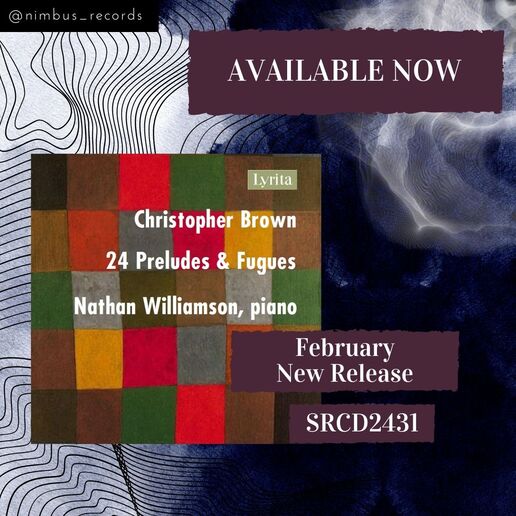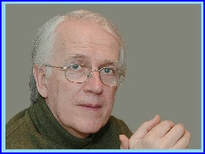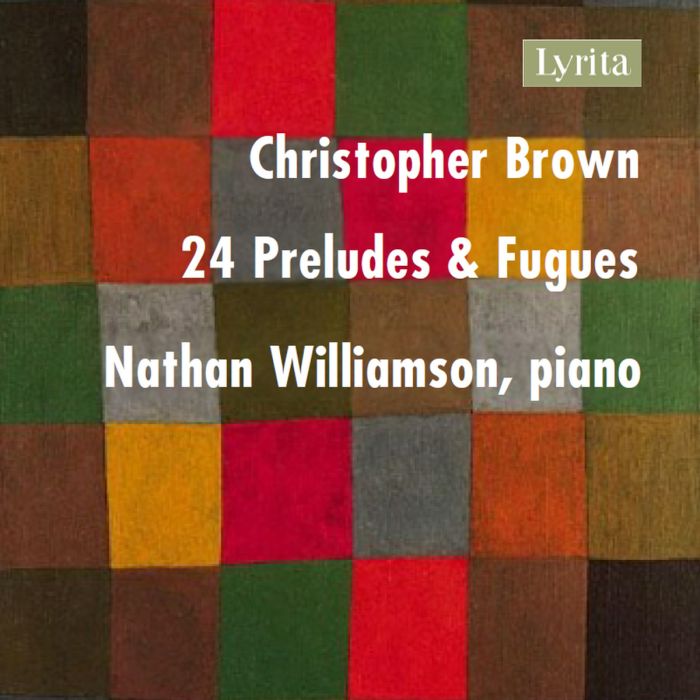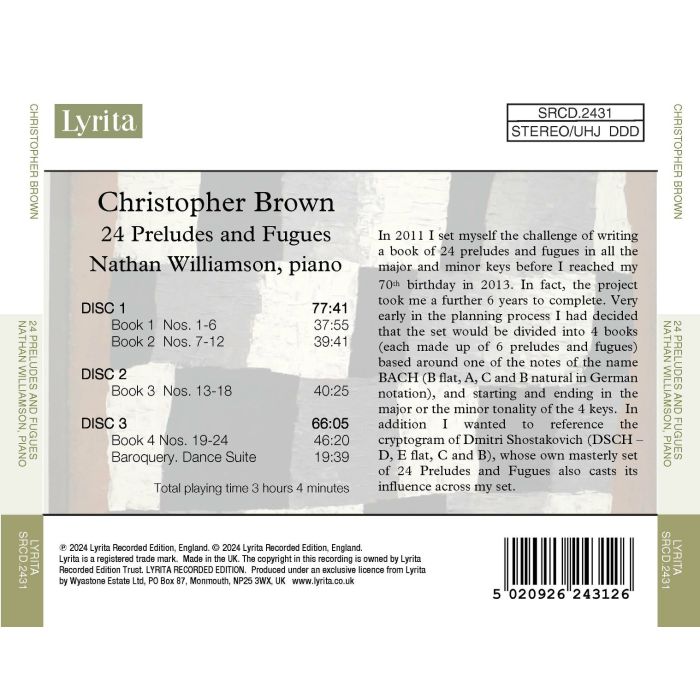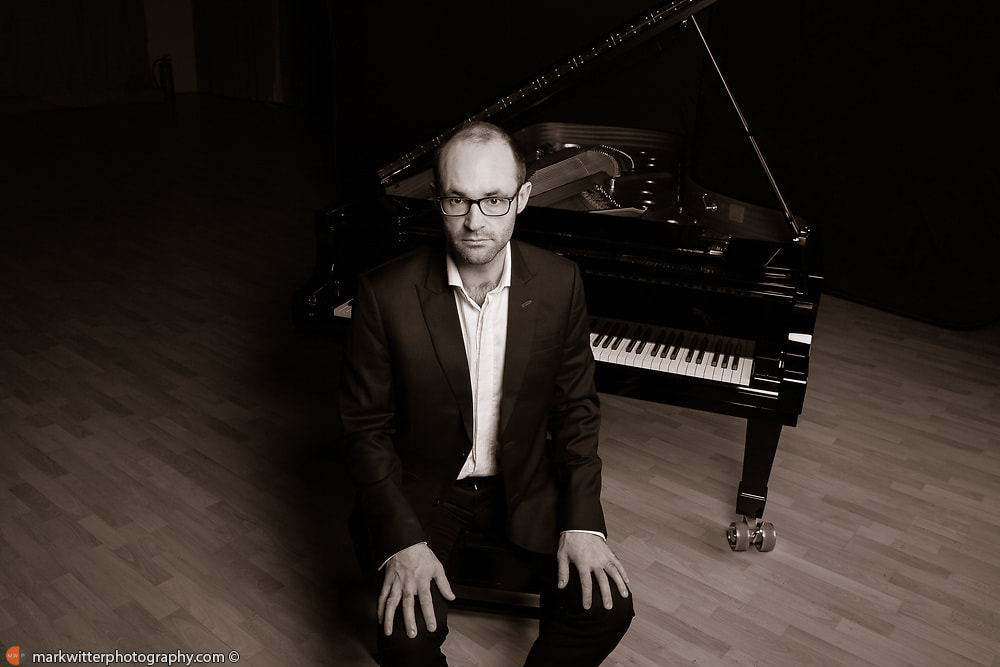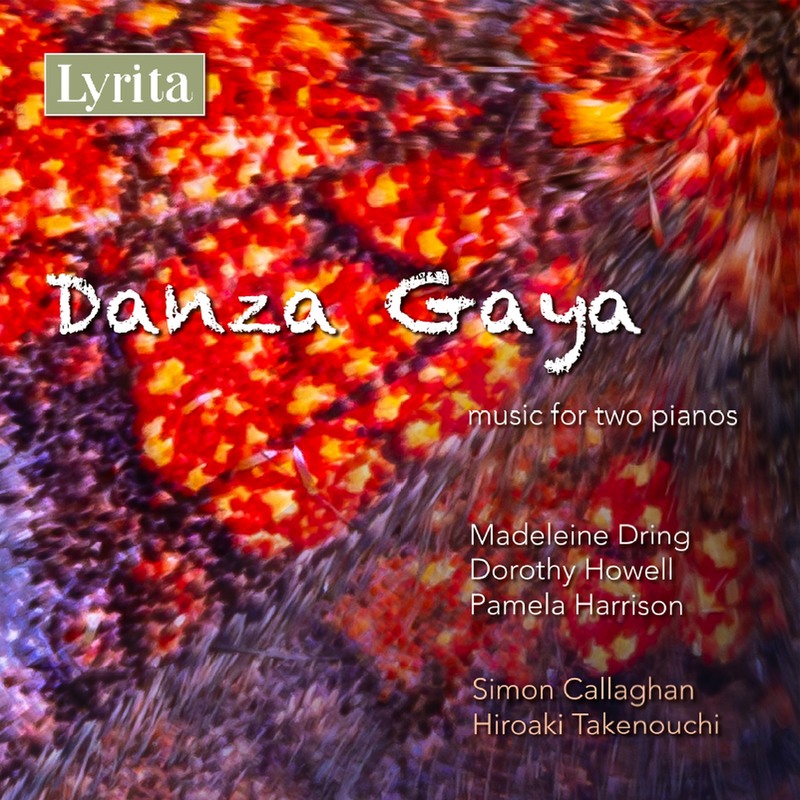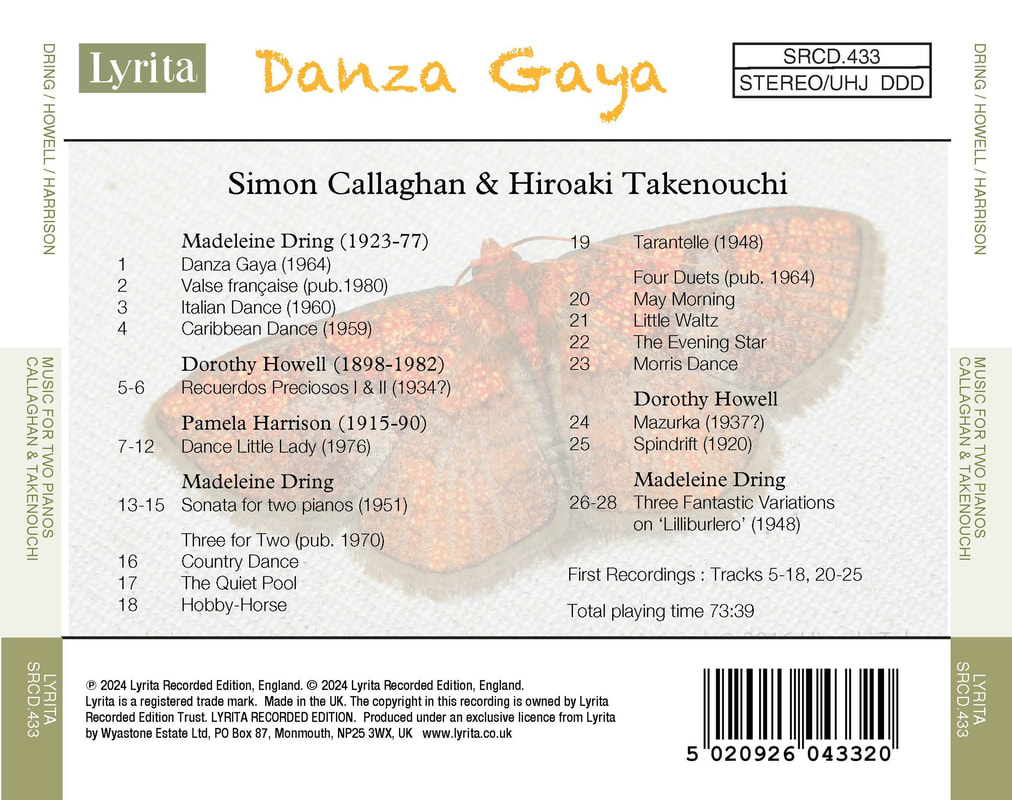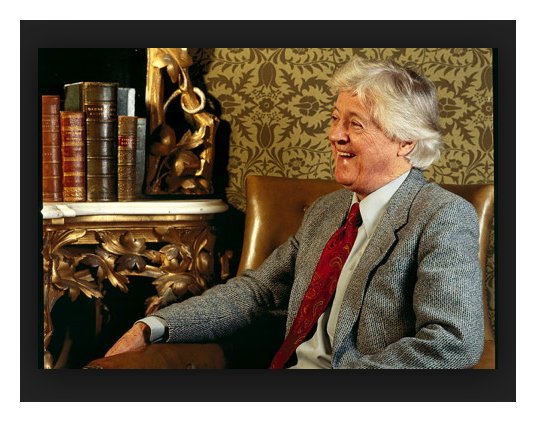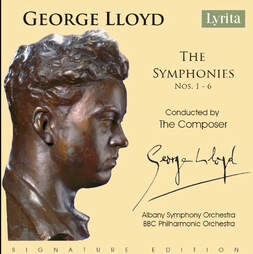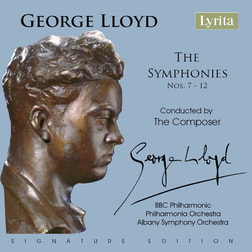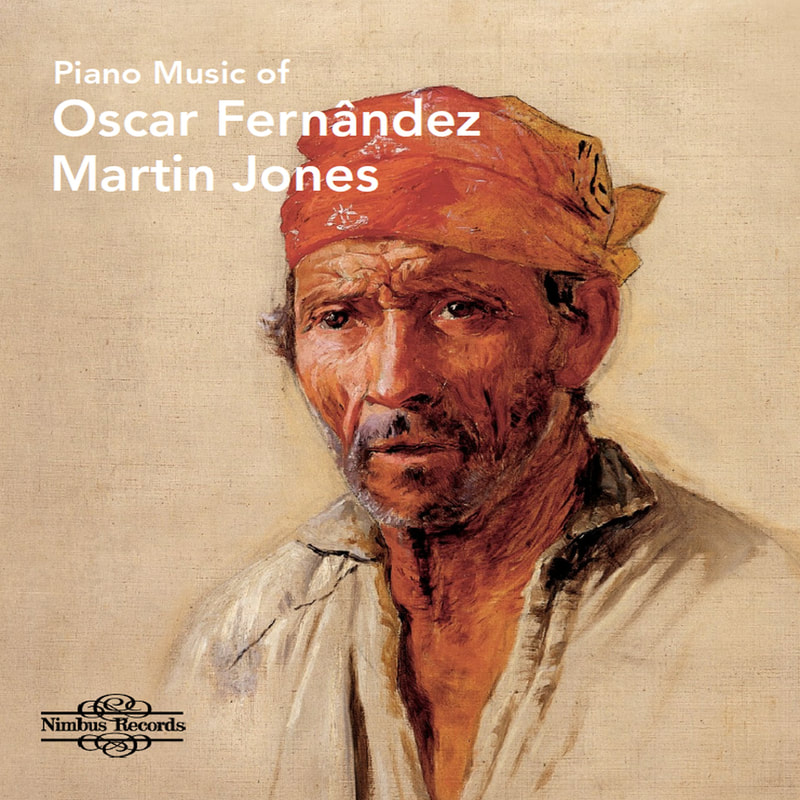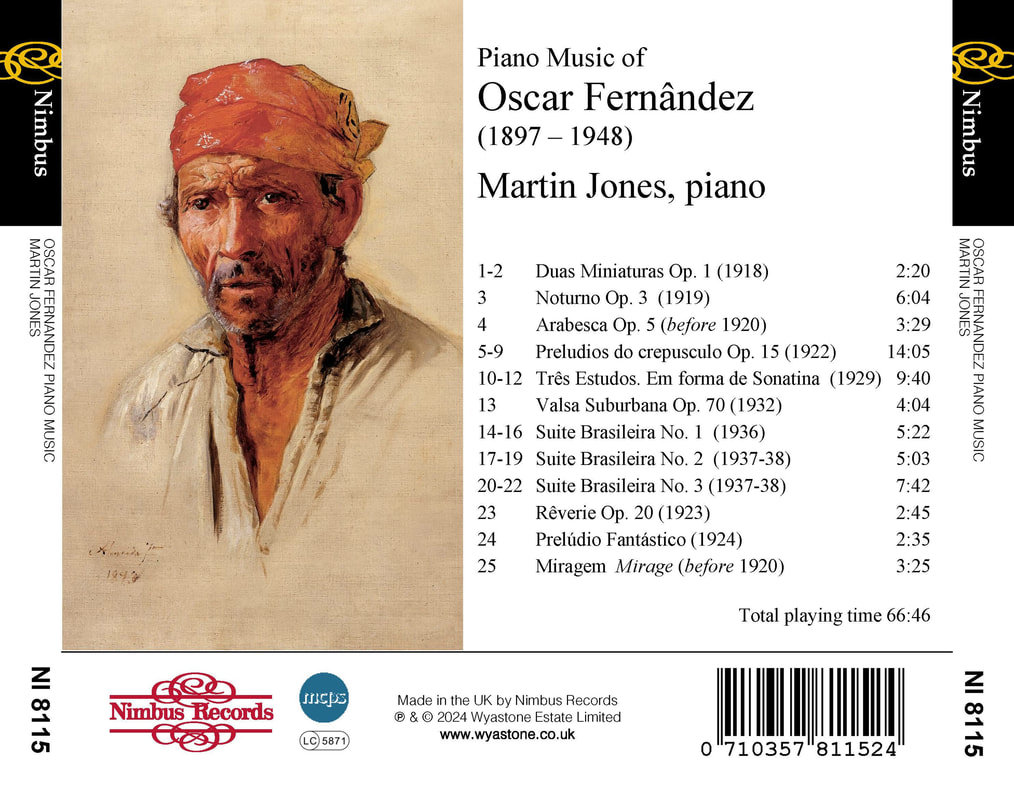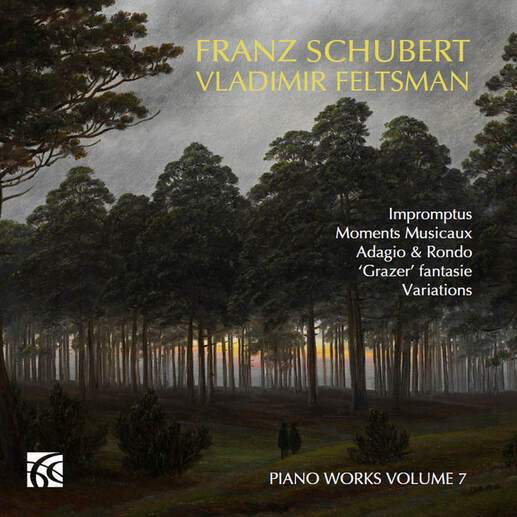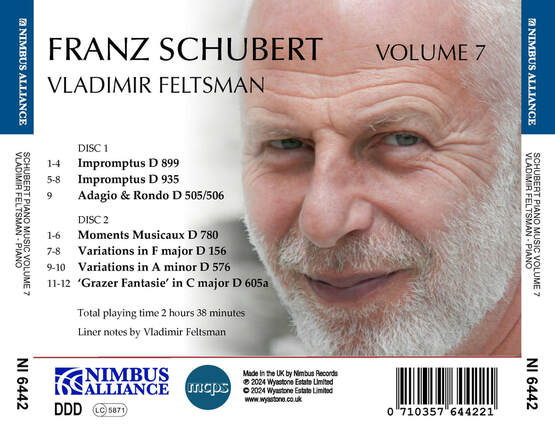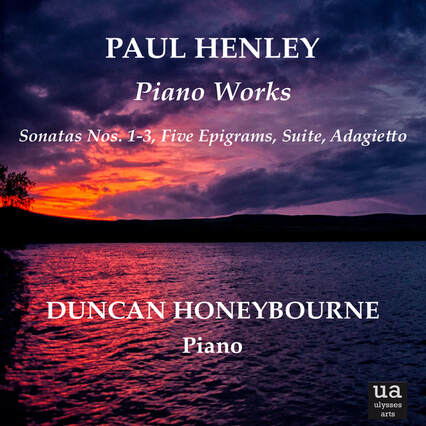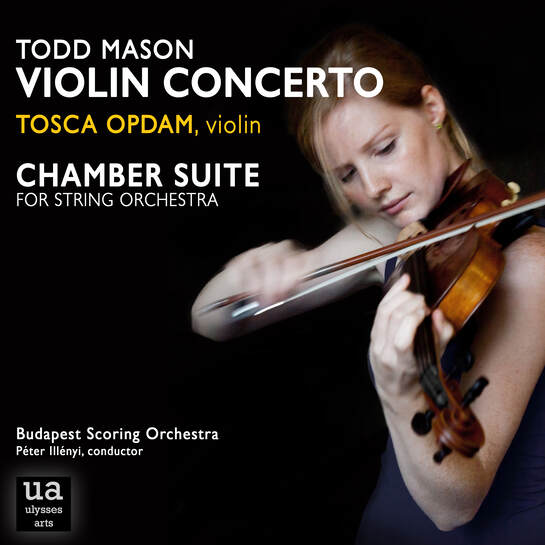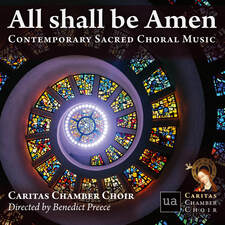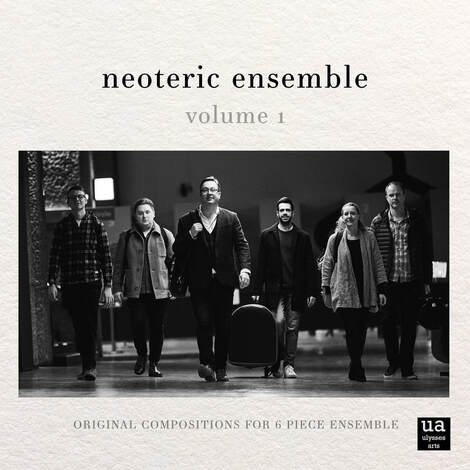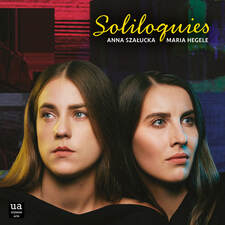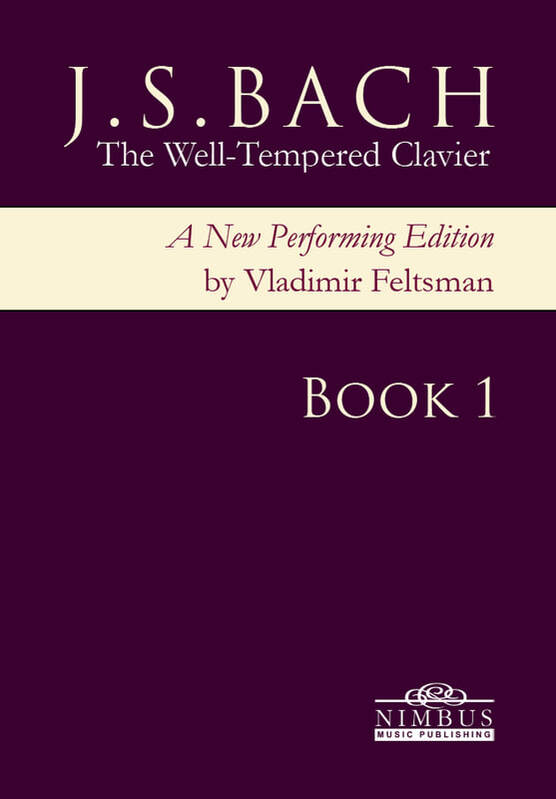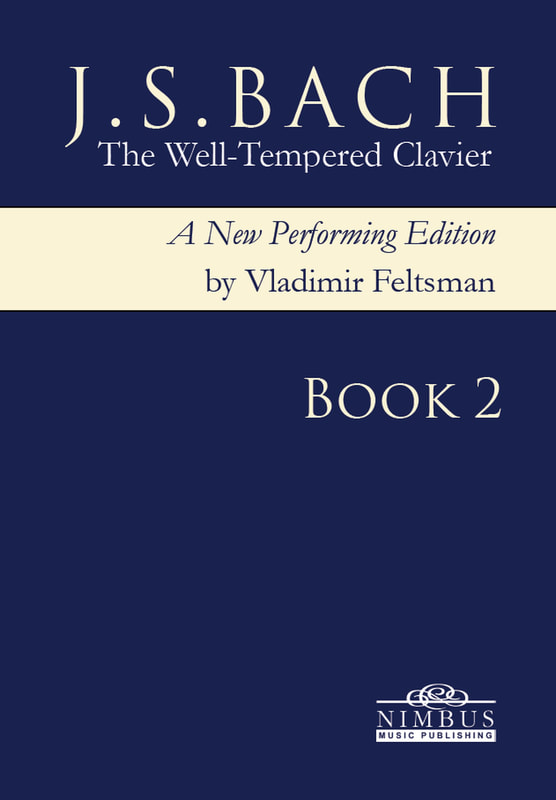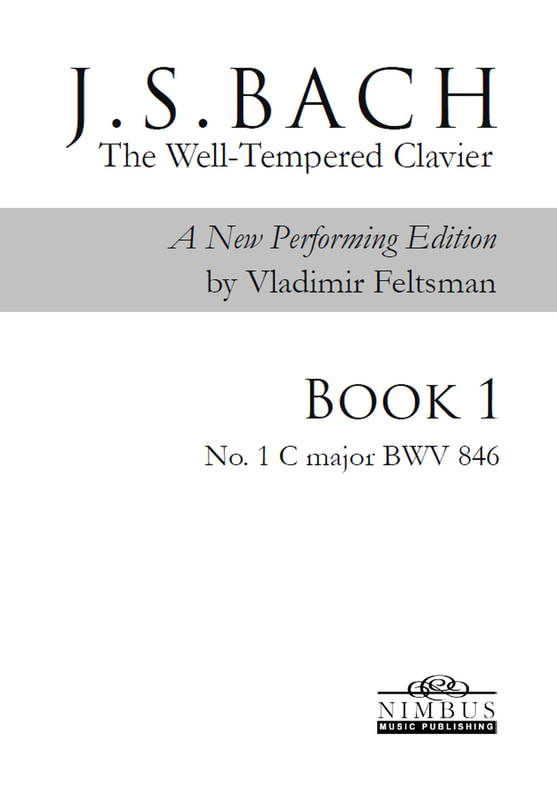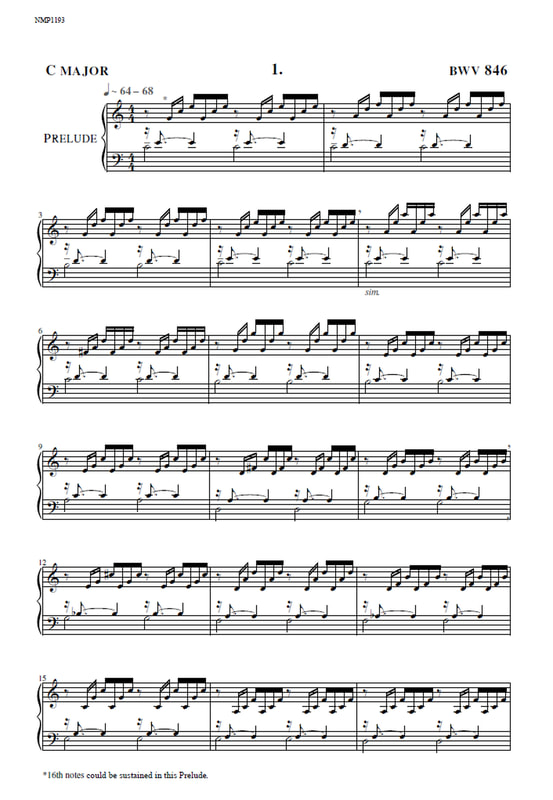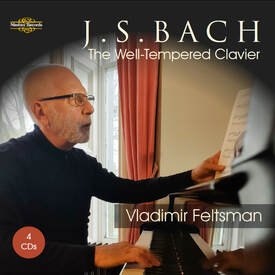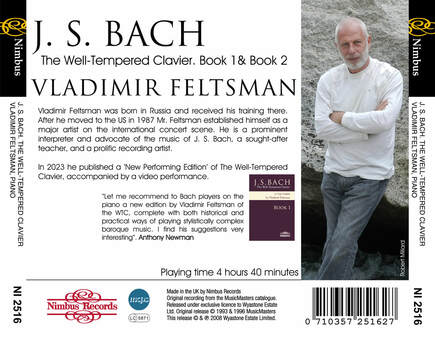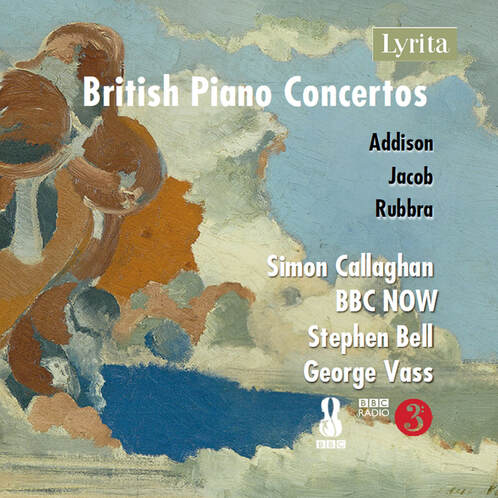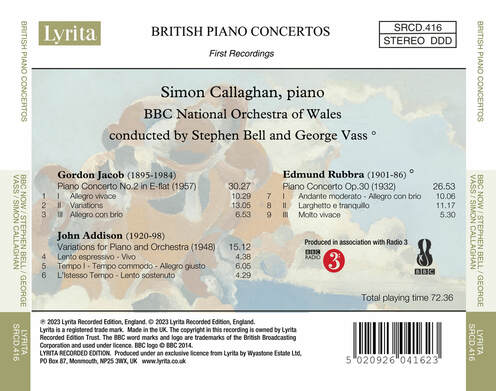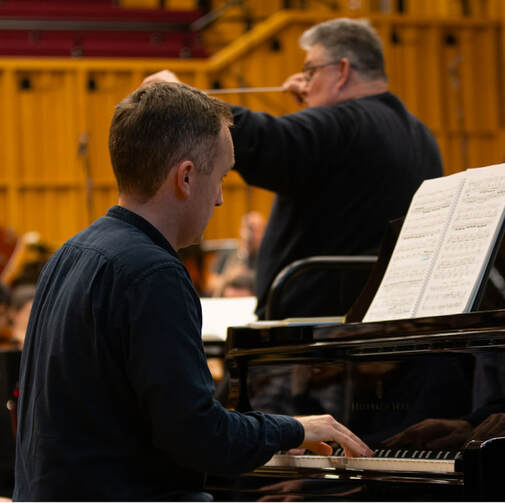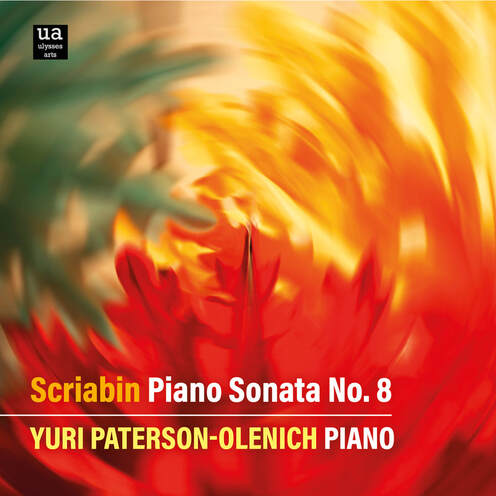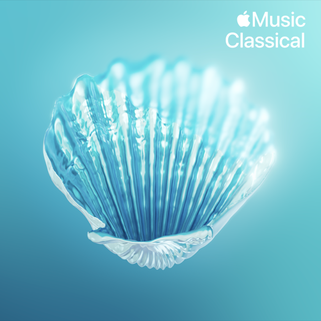In Mozart's time, composers inveriably were also performers. Any composition was also a potential source of income from publication and from patrons and friends to whom the works were dedicated. No matter why these marvellous works were written, we are lucky to have them.
Fantasy in D minor K. 397… It is another unfinished work; the manuscripts lost. The last ten bars were supplied by the composer A.E. Müller, an admirer of Mozart, and this became the standard version as published by Hertel. This Fantasy is a short work, complex and intriguing.
Nine Variations on a Minuet by Duport K. 573 - Towards the end of the 18th century, variations and easy dances for keyboard were in great demand. Countless sets of variations of varying quality by diverse composers were published and sold to the public. Naturally, Mozart did not pass up this opportunity to make money and he wrote fifteen sets of variations for piano, mostly on borrowed themes. K. 573 is one such set. Mozart plays around with his material from the very beginning; the rhythmic formula of the main theme is altered right away in the fifth bar. Different pianistic textures are used in each of the nine variations, the first mimicking piano exercises and the others utilizing arpeggios, repeated notes, broken octaves, scales, double notes and what not. The obligatory slow variation “Adagio” is a parody, a spoof of Italian operatic tradition, with a Diva showing off her amazing vocal ability to an adoring public. In the last variation the time changes briskly from 3 to 2.' © Vladimir Feltsman
Born in Moscow in 1952, Mr. Feltsman debuted with the Moscow Philharmonic at age 11. In 1969, he entered the Moscow Tchaikovsky State Conservatory of Music to study piano under the guidance of Professor Jacob Flier. His debut at Carnegie Hall established him as a major pianist on the American and international scene.









